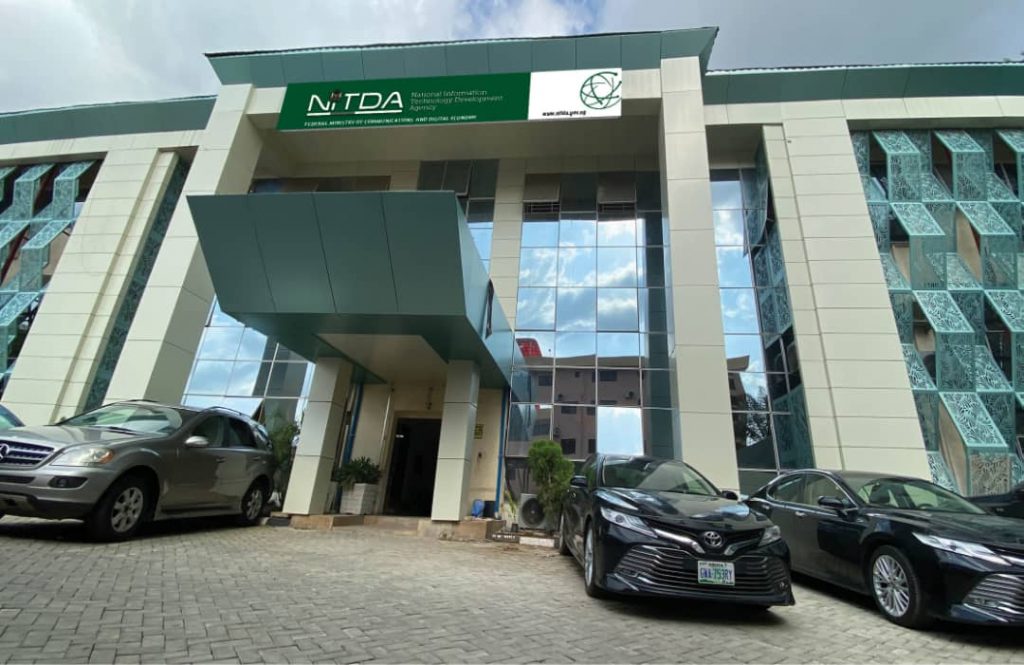The Nigerian Information and Technology Development Agency (NITDA) is proposing amendments to its regulatory Act.
Although the announcement was made earlier in March, a recent leak of the draft bill has reignited conversations surrounding the proposed amendments.
The amendments include provisions for new license categorizations, licensing fees, 1% profit-before-tax levies for companies with revenues higher than ₦100,000,000 ($243,831), and prison sentences for defaulting parties.
Debated parts of the bill also include the provisions that list out offences and penalties. Under Section 22, non-payment of levies is punishable with a 0.5% increase in the assessed sum per lapsed day. In addition to fines, offenders are also liable to serve prison sentences of up to three (3) years.
The bill also states that failure to adhere to directives issued by the agency also attracts a fine of ₦3,000,000 ($7,315) for individuals and ₦30,000,000 ($73,149) for corporate bodies. This is a far cry from the 2007 Act which listed out lesser fines for the same offence: ₦200,000 ($487) for individuals, and ₦500,000 ($1,219) for corporate bodies.
Unlike its 2007 predecessor which focused on telecoms and banks, the proposed amendments, under its Third Schedule, will cover tech companies including e-commerce platforms, foreign digital services targeting the Nigerian market, and fintechs.
According to NITDA Director-General, Mallam Kashifu Inuwa Abdullahi, the amendments are crucial for the agency to keep up with the accelerating changes in the global IT ecosystem. The DG also affirmed that the amendments are imperative if Nigeria is to secure a place in the emerging global digital economy.
Many key players in the Nigerian tech ecosystem disagree. Founders and managers alike have proposed that the amendments, particularly sections dealing with fines and fees, are the government’s way of getting a slice of the proverbial pie.
Of the $1 billion raised by African start-ups in the first half of 2021, Nigerian startups account for at least $300 million of it, an amount that’s double the total amounts raised in H1 2018 and H1 2019 combined.















